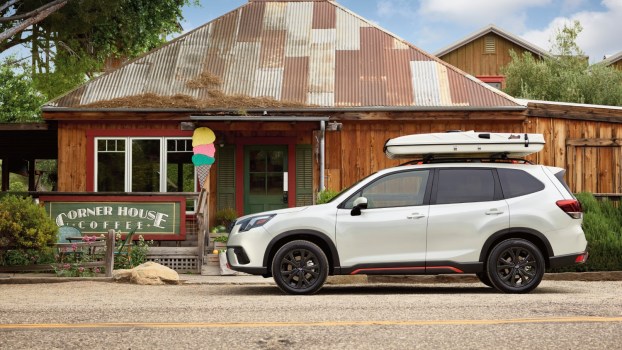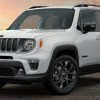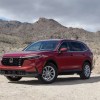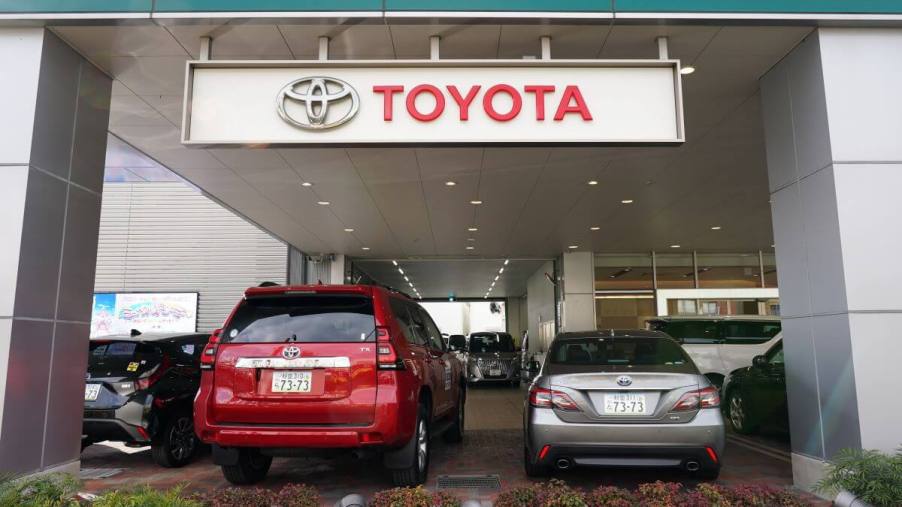
Are SUVs Safer Than Sedans?
SUVs have become a staple vehicle for many car enthusiasts worldwide. This popularity can be attributed to several factors, such as spacious interiors, rugged bodies, ample ground clearance, and versatility. Nevertheless, safety remains a top consideration before purchasing any type of car. So, are SUVs safer than sedans?
The rise of SUVs
SUVs are gaining momentum and dominating auto sales, and this trend has no signs of decelerating. Jalopnik confirms that SUVs now account for over 57% of new auto sales in the U.S. While there are bucketloads of factors for the increased demand for SUVs, safety comes first for most.
According to Consumer Reports, SUVs are much safer than sedans. Occupants of SUVs are 50% less likely to suffer catastrophic injuries than those in sedans.
Comfort depends on your preferences
SUVs may offer more space and higher seating positions, among other benefits. However, that doesn’t necessarily mean they are more comfortable than sedans. After all, comfort is an opinion-based evaluation.
You might prefer an SUV’s driving experience, while a neighbor prefers the low center of gravity and tight space of a sedan. Ultimately, it’s up to the driver to decide which type of vehicle brings them the most comfort.
Which one is safer?
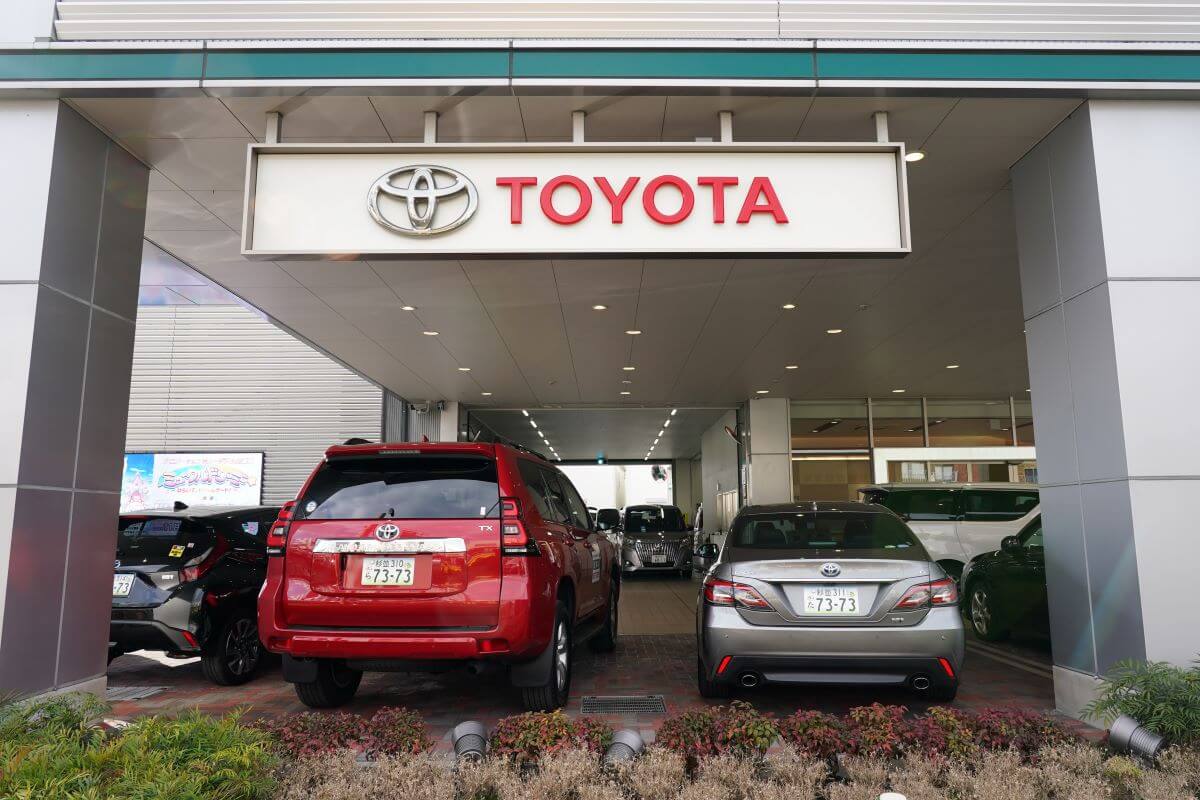
Are SUVs safer than sedans? Both have unique safety advantages. Sedans are designed with a lower center of gravity, making them more stable and easier to handle on the road.
However, there are several reasons why SUVs dominate safety.
Size and weight
SUVs are significantly larger and heavier than sedans, giving them an advantage in collisions. A recent Insurance Institute for Highway Safety (IIHS) crash test identified that passengers of heavier and larger vehicles experience reduced impact force during a crash.
An SUV’s size and weight absorb the impact force during a collision better, reducing the impact transferred to the occupants and reducing the risk of injury.
Higher ground clearance
SUVs have higher ground clearance, allowing them to drive over obstacles more quickly, a top benefit, especially when driving off-road. Additionally, this means that if an SUV hits an obstacle in the road, it’s less likely to suffer damage to its undercarriage, which could cause the vehicle to lose control.
Better traction and stability
Whether an SUV has all-wheel drive or two-wheel drive, it likely still has better traction and stability on slippery or uneven terrain compared to most sedans. You’ll worry less in wet or snowy conditions, where sedans may struggle to maintain traction. This added stability is also vital to avoid accidents and keep your vehicle under control.
Advanced safety features
SUVs typically have various advanced safety features. These features can help you avoid accidents and reduce the severity of a collision if one does occur. That said, no vehicle is entirely immune to accidents. The key is to drive safely and follow traffic laws.
How to choose a safe car
Buying a car can be challenging, especially when safety is a top priority. Fortunately, Consumer Reports has guides on how to choose a safe vehicle.
- Check crash test ratings to know how well a car can protect you during a collision. The higher the rating, the safer the vehicle.
- Look for advanced safety features, such as:
- Blind-spot monitoring
- Lane departure warning & lane keeping assist
- Forward collision warning (FCW)
- Automatic emergency braking (AEB)
- Adaptive cruise control (ACC)
- Rear cross-traffic warning (RCTW)
- Backup cameras
- Parking obstruction warning (POW)
- Reverse automatic emergency braking (R-AEB)
- Dynamic driving assistance
- Automatic emergency steering
- Consider the car’s size and weight since larger and heavier cars generally have an added safety layer, hence better protection in a collision.
- Research brands with a reputation for producing safe and reliable cars.
- Consider your budget and prioritize the safety features most important to you before making a final choice. It may be worth spending more on a car with the necessary safety features without breaking the bank.
- Will the driver be an adult or a teenager? The IIHS warns that teenagers are nearly three times more likely to crash than adults! So, choose a vehicle that best fits the driver’s age.
